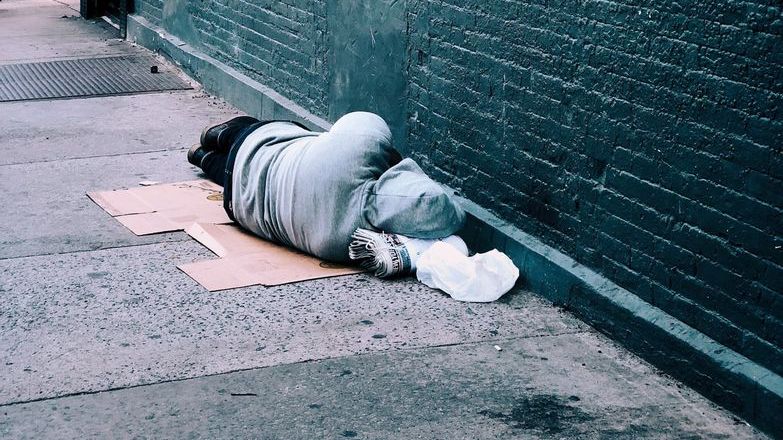
Dedicated housing court
Following the publication of the Fairer Private Rented Sector white paper in June 2022, the UK Government is proposing to remove Section 21 of the Housing Act 1988. Propertymark recognises that the private rented sector (PRS) requires reform but argues that abolishing Section 21 without ensuring that grounds for eviction under Section 8 are robust will weaken the sector and drive landlords out.
The Homelessness Reduction Act 2017 introduced duties which ensured invaluable local authority intervention at an earlier time. This intervention must be retained in law to give tenants who are at threat of homelessness, through their own actions or for no-fault reasons such as the landlord needing to sell the property, the support to move on before they become homeless.
The UK Government claims that Section 21 makes tenancies less stable, yet evidence shows that tenants are more likely to give notice or not renew at the end of a tenancy. Of notices issued by landlords, the majority are due to rent arrears, according to the English Landlord Survey the most common reason to end tenancies (46%) was that the tenant was in arrears, 39% of landlords said that they ended a tenancy because the property was not cared for and 32% said because the tenant engaged in anti-social behaviour. This indicates that the number of notices to quit is unlikely to reduce. Still, unintended consequences will ultimately be established, such as more vigorous tenant referencing and landlords choosing to leave the sector which causes rent increases.
With the inevitable increase in notices under Section 8, Propertymark calls for a dedicated housing court to process claims efficiently and fairly. Delays in court are the main reason that landlords currently choose to use the Section 21 eviction process. In order to ensure landlord confidence in the sector and maintain their investment the government must give them a process to regain their property legally and efficiently.
A balanced housing sector
The PRS has an essential role in providing housing, yet it must be recognised that it cannot cater for everyone, and a balanced housing sector should also comprise a healthy housing sales market and social housing for the most vulnerable.
The UK Government itself said, in its Ending Rough Sleeping for Good (September 2022) report, that provision of social housing is a key aspect of preventing homelessness and ultimately rough sleeping. Yet, the Office for National Statistics (ONS) figures show that construction in public housing is down 25% since February 2020.
Local authorities responsibilities
Consideration of broader issues which surround homelessness should also be addressed by the upcoming reforms, such as better enforcement from local authorities to tackle rogue landlords and agents, a review of the Local Housing Allowance rates and an increasing supply of social housing.




